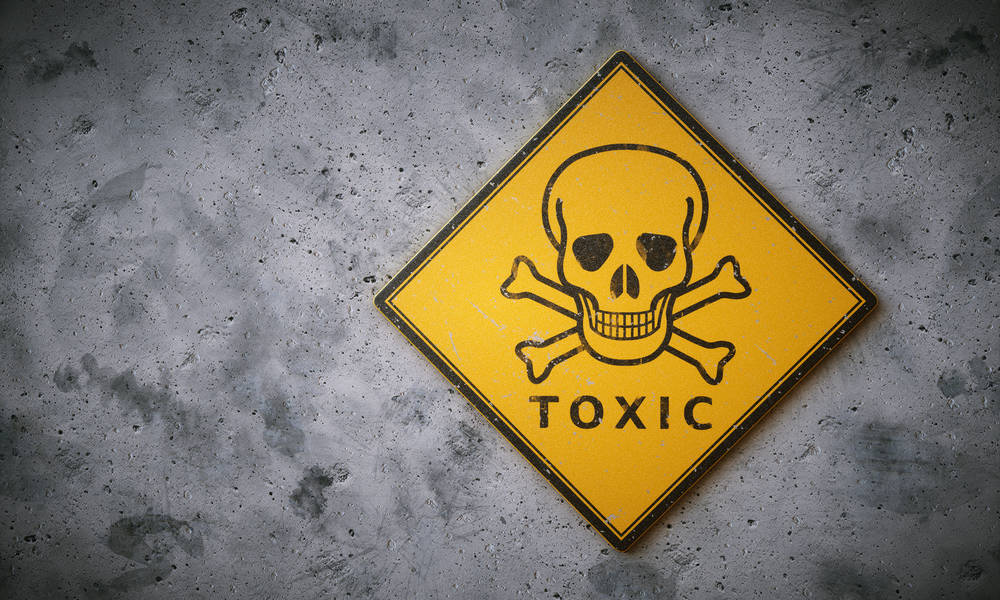
How Toxic Employees Affect Organizations
Workers who are seen as negative to company culture represent an interesting conundrum—they end up costing organizations money and poisoning other workers, but they’re often good at getting themselves promoted.
You may put a lot of work into finding employees who are team players and collaborative dynamos, but it’s can be difficult to avoid a wet blanket sometimes.
Those wet blankets, also known as “toxic employees,” can have a deep impact on your organization’s culture and can even cost you money, by either deterring good employees from staying or incurring a costly departure themselves.
As one 2015 study [PDF] by Northwestern University’s Kellogg School of Management found, toxic employees have a net-negative effect, costing an organization $12,500. Meanwhile, bringing on a “superstar” performer who has a positive attitude and strengthens the people around them can help a company save $5,300.
The study notes that toxicity can also be transferable to other employees and can be a factor of an employee being in the wrong role.
“This suggests that managing toxic workers is not simply a matter of screening them out of the firm, but also of minding the work environment,” the report states.
In a recent Inc. story , Successful Culture Founder and CEO Marissa Levin argued that the impact of toxic employees—who she says can take a number of forms, from slackers, to bullies, to know-it-alls—can run quite deep, negatively affecting the culture of an entire organization.
“Working in a company that has a toxic employee is practically a rite of passage,” Levin wrote in her piece. “Even in the happiest organizations, unhappy people can wreak havoc. It takes only one bad apple to ruin a bushel.”
Working the System
Of course, sometimes a bad apple not only sticks around for a while, but also somehow manages to get a promotion or two. A recent piece in Harvard Business Review highlighting research on the types of people who get promoted notes that many toxic employees are particularly good at office politics, which means that, even if they are seen as toxic, they still have a good shot at rising up the food chain.
As Klaus J. Templer of the Singapore University of Social Sciences writes:
I noticed that toxic employees whose political skills were highly rated by their supervisors were more likely to have a high performance rating. In other words, while not all toxic people possess political skill, those toxic people who use political skill effectively in the eyes of their bosses are seen as better performers. And as we all know, those who are seen as top performers are more likely to be promoted.
Templer, who surveyed 110 employees for his research, says political skill makes it so that toxic employees can have an advantage over team players—but it doesn’t necessarily mean they have to. To more humble and honest employees, he recommends spending some time building up goodwill within the organization.
(matejmo/iStock/Getty Images Plus)






Comments